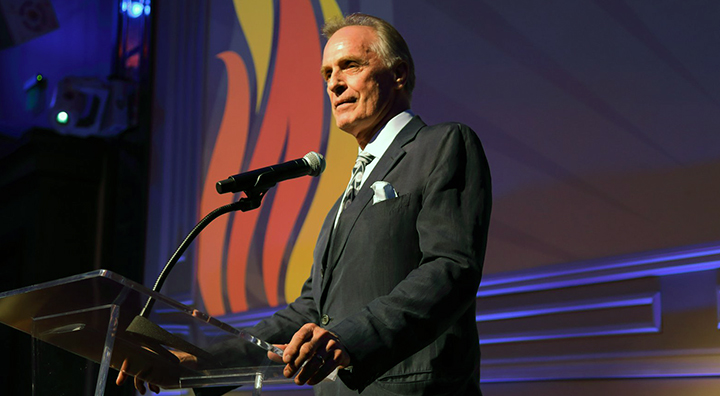Madam Secretary, Nuclear Threats and International Security
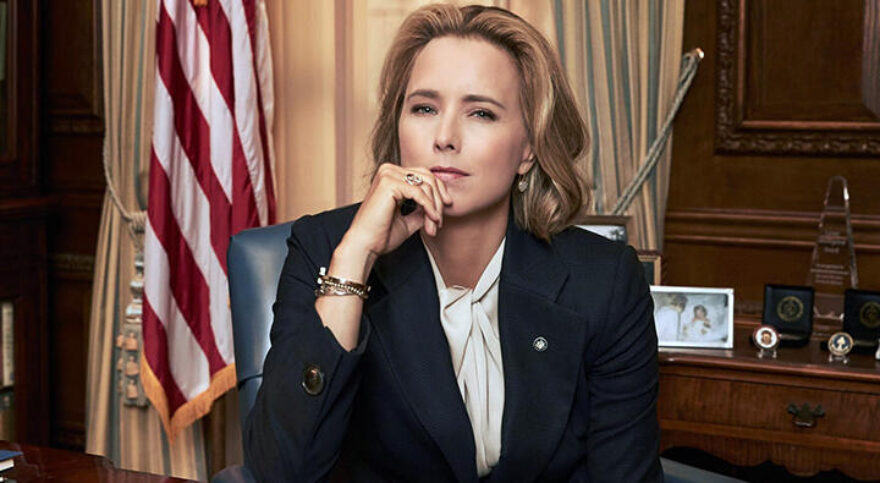
Madam Secretary, which starred Téa Leoni as Elizabeth McCord, a former CIA analyst who becomes U.S. secretary of state (and eventually president), mixed Washington politics with international intrigue and even some old-fashioned family domestic drama during its six-season run on CBS.
Secretary McCord negotiated several global nuclear treaties (China/Russia and India/Pakistan), and managed risky international situations and domestic terrorist dangers with wise aplomb.
As aspirational as The West Wing, the idea for the series came about after a meeting among executive producers Lori McCreary, Morgan Freeman and network entertainment chairman Nina Tassler. The show’s creator, executive producer Barbara Hall, drew inspiration in developing the McCord character from watching Secretary Hillary Clinton during the Benghazi hearings.
Hollywood, Health & Society had the opportunity to work with the show’s writers and producers on several storylines and connect them with key nuclear experts, and our annual Sentinel Awards recognized two episodes over the years for their depiction of nuclear threats and global security risks.
The following are some of the activities related to HH&S’ work with the show. It also offers an overview of how television shows can use resources for authentic storytelling that affects millions of viewers.
Consultations
The following experts briefed the show’s writers on episode storylines.
- U.S. Secretary of Energy Ernest Moniz, co-chair, Nuclear Threat Initiative (NTI)
- The late Bruce Blair, founder of Global Zero
- Joe Cirincione, president of Ploughshares Fund
- Zia Mian, Princeton’s Program on Science and Global Security
- Maynard Holliday, Department of Defense
- Jeffrey Lewis, Middlebury Institute of International Studies
- CDC’s Infectious Disease Division to its Bioterrorism Preparedness and Response Program
- Human Rights Watch’s Arms Division
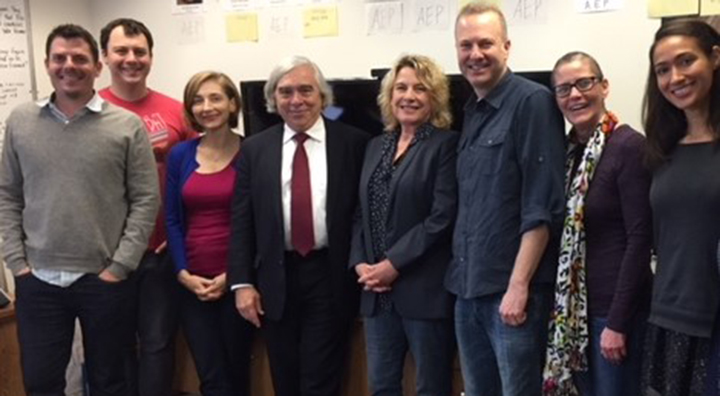

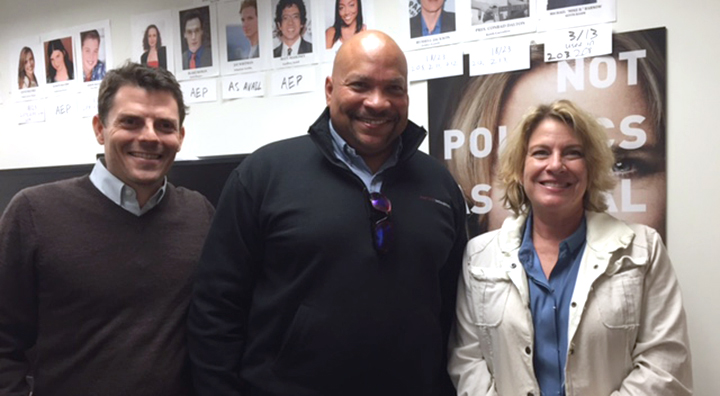
Special Screening of Night Watch,
Panel and Social Media Campaign
Following the screening of the Season 4 finale Night Watch, co-writers/executive producers Barbara Hall and David Grae joined Jeffrey Lewis and Joe Cirincione to discuss the episode, an alarming depiction of an impending retaliatory strike by the U.S. in the face of a nuclear attack that turns out to be a false alarm.
HH&S’ efforts also included live tweeting during the episode’s airtime in May 2018, and we arranged for experts and other partners to live tweet (Alexandra Bell on the East Coast, Joe Cirincione on the West Coast).
The posts resulted in #MadamSecretary trending on Twitter in the Top 10 for two hours. In addition, we helped organize a Reddit “Ask Me Anything” session the following day, with former Secretary of Energy Ernest Moniz (co-chair and CEO of Nuclear Threat Initiative) and Madam Secretary executive producer David Grae. The session had 6,000 viewers. Finally, HH&S conducted an impact study of the “Night Watch” episode on changes in knowledge and attitudes among audience members related to nuclear threats and vulnerabilities.
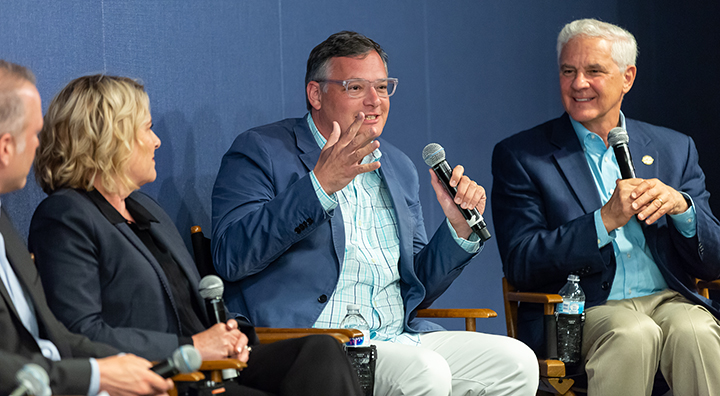
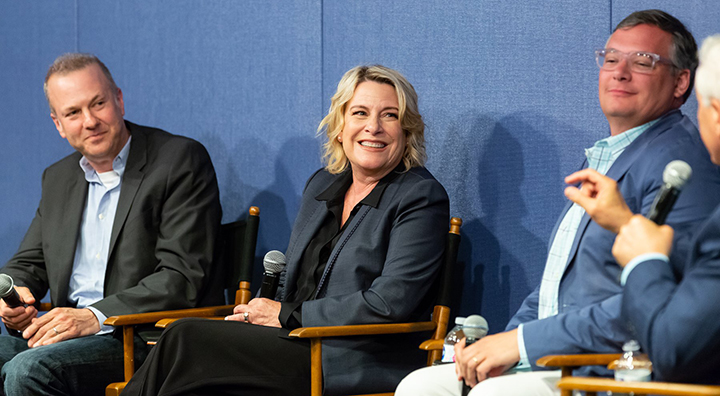
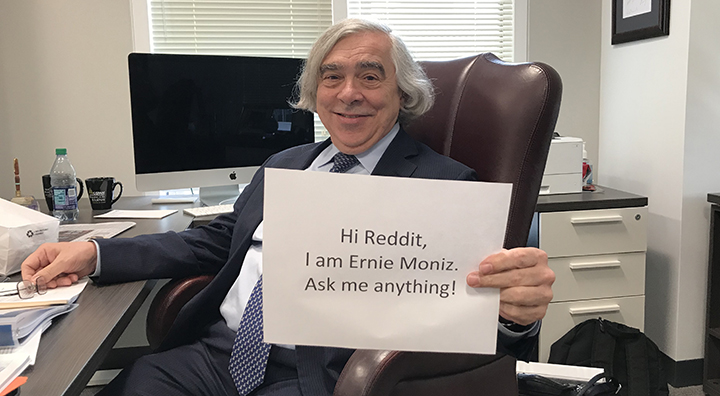
Panel Discussions
- New Momentum for Saner Nuclear Policy: David Grae spoke about working with experts to inform the show’s storylines with timely, accurate portrayals of nuclear issues from the president’s sole authority to multilateral treaties for disarmament. The panel featured actor Michael Douglas, Rep. Ted Lieu (D-CA) and former national security advisor Ben Rhodes. Grae was joined by TV writers Paul Redford (The West Wing, Designated Survivor), Lila Byock and Sam Shaw (Manhattan).
- Atomic Football: The Nuclear Playbook in a Strange New Era: Barbara Hall and David Grae joined former Secretary of Defense William Perry, Eric Schlosser (Command and Control), Eric Chien (Symantec cybersecurity expert), and Valerie Plame, former CIA agent, for a lively conversation about what keeps them up at night about nuclear threats.
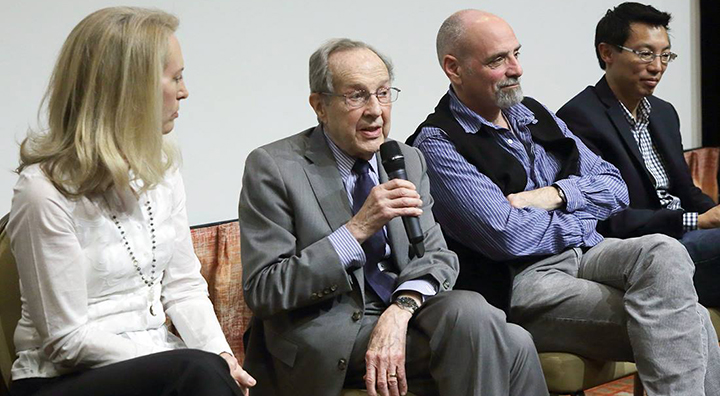
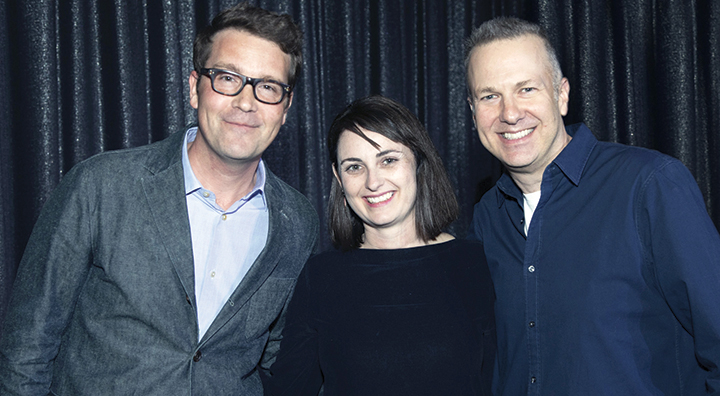
The Sentinel Awards
- “Night Watch” | 2018 Sentinel Awards—Actor Keith Carradine, who plays President Conrad Dalton on Madam Secretary, was on hand to present an award to the show’s executive producers Barbara Hall and David Grae, who co-wrote the season finale episode “Night Watch” about nuclear risk.
- “Killer Robots” | 2020 Sentinel Awards—Consulting producer and writer Keith Eisner accepted the award for an episode about the use of autonomous weapons in the form of micro drones that use facial recognition to hunt down and kill people.
